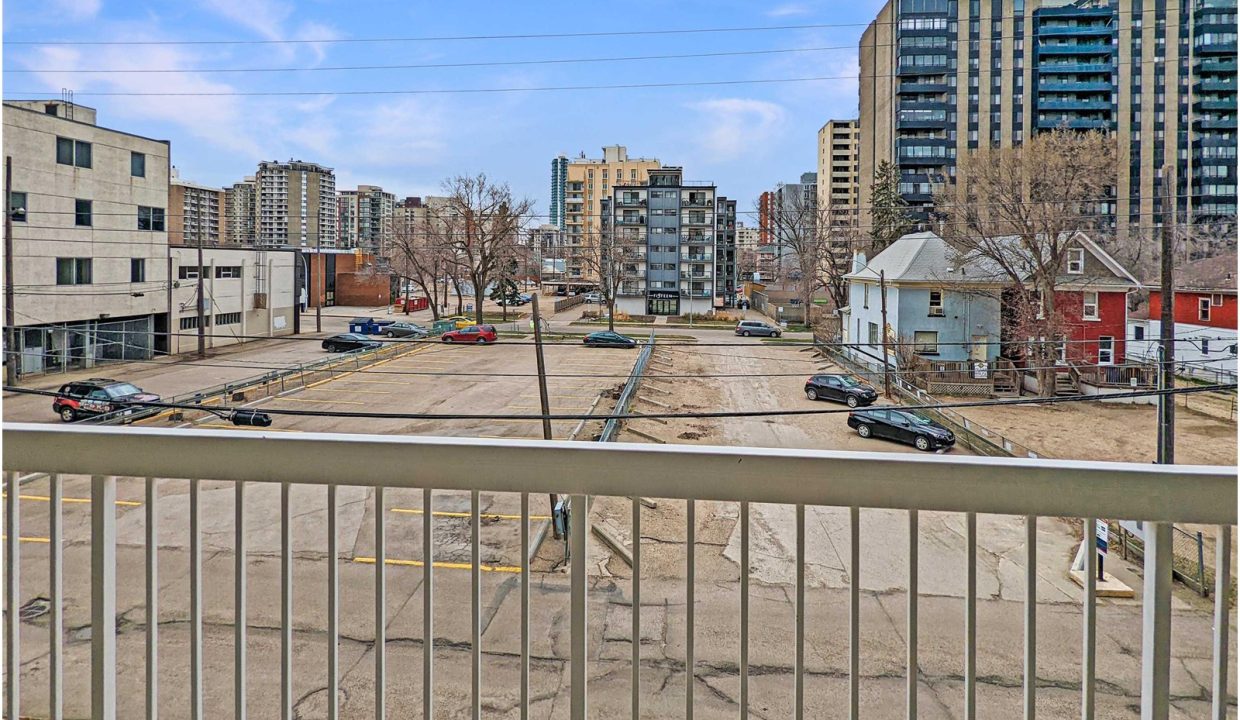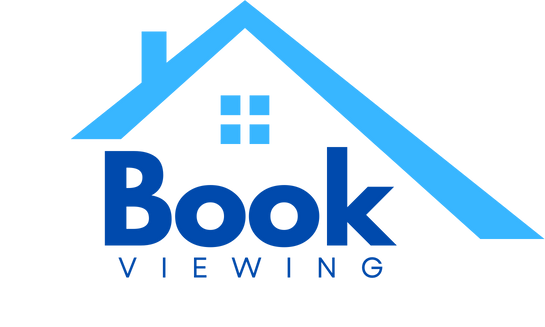
Buying your first home is a big milestone, and Edmonton is a great place to start your journey. With a variety of neighborhoods, an affordable housing market compared to other major Canadian cities, and a vibrant community, Edmonton has a lot to offer new homeowners. Here’s a guide to help you navigate the process and make the best choice for your future.
1. Understand Edmonton’s Real Estate Market
Edmonton’s real estate market is generally more affordable than cities like Toronto and Vancouver, making it a popular choice for first-time homebuyers.
- Average Prices: Edmonton offers a range of housing options, from affordable condos and townhomes to spacious single-family homes. On average, single-family homes are priced around $400,000, while condos are typically priced lower, around $200,000.
- Market Trends: While the market varies year-to-year, Edmonton tends to be stable, with moderate growth. This means you’re less likely to see large price swings, giving you a bit more peace of mind as a first-time buyer.
- Type of Homes Available: Edmonton has a variety of property types, from condos and townhouses in central areas to detached single-family homes and new builds in suburban neighborhoods.
2. Set a Realistic Budget
Setting a budget is one of the most important steps in the home-buying process. Edmonton’s diverse range of neighborhoods means there’s something for almost every budget.
- Calculate Monthly Payments: Your budget should factor in more than just the mortgage. Include costs like property taxes, homeowners insurance, and utilities.
- Down Payment: In Canada, you’ll need a minimum of 5% down payment for homes priced up to $500,000. If the home costs more than that, you’ll need a higher percentage for the additional amount.
- Get Pre-Approved: It’s a good idea to get pre-approved for a mortgage. Pre-approval helps you understand what you can afford and shows sellers that you’re serious about buying.
3. Choose the Right Neighborhood
Edmonton offers a variety of neighborhoods, each with its own unique features. Consider your lifestyle, commute, and family needs when choosing where to buy.
- Downtown: If you want to be close to work, nightlife, and amenities, Edmonton’s Downtown is a lively option with a mix of condos and high-rise apartments.
- Suburban Areas: For families, suburban neighborhoods like Windermere, Terwillegar, and Summerside offer larger homes, good schools, and plenty of parks.
- Affordable Options: Areas like McConachie and Secord offer newer homes at more affordable prices, ideal for those looking for value without sacrificing comfort.
- Proximity to Schools and Amenities: If you’re planning a family, check the local schools, parks, and recreational facilities in the neighborhood.
4. Understand the Costs of Buying a Home
There are a few additional costs beyond the purchase price of your new home. Budgeting for these upfront expenses will help you avoid surprises later on.
- Home Inspection: A home inspection typically costs between $300-$500. It’s an essential step to ensure there are no major issues with the property.
- Legal Fees: Legal fees in Alberta can range from $1,000-$1,500 and cover necessary documentation and title transfer.
- Land Transfer Tax: Alberta does not have a provincial land transfer tax, which is a major savings compared to other provinces.
- Closing Costs: Closing costs, which may include property tax adjustments, title insurance, and other administrative fees, typically range from 1-4% of the home’s price.
5. Work with a Knowledgeable Realtor
A local realtor can be a valuable asset in your home-buying journey, especially if it’s your first time in the market.
- Market Insight: A realtor can provide insights into the best neighborhoods based on your budget and preferences, along with recent comparable sales to help you make a competitive offer.
- Negotiation Skills: Realtors are experienced negotiators who can help you get the best price, navigate multiple-offer situations, and handle contingencies.
- Paperwork: Your realtor will guide you through the complex paperwork and processes, ensuring you’re fully informed every step of the way.
6. Know What You’re Looking For
Identifying your “must-haves” and “nice-to-haves” will streamline your home search. Think about the following:
- Type of Property: Decide if you’re interested in a condo, townhouse, or detached home. Each comes with different costs, maintenance levels, and lifestyle considerations.
- Size and Layout: Consider the number of bedrooms, bathrooms, and any additional space needs (like a home office or playroom).
- Future Growth: If you’re planning to start a family or expect to work from home, think about your needs for the next 5-10 years.
7. Make a Strong Offer
In Edmonton, you might encounter competitive offers on desirable properties, so crafting a strong offer is essential.
- Get Advice from Your Realtor: Your realtor can guide you on price and offer terms, especially if there are multiple offers.
- Consider a Pre-Offer Inspection: For competitive situations, some buyers opt for a pre-offer inspection, which allows them to submit a firm offer without inspection conditions.
- Include a Personal Touch: If you’re in love with a home, consider adding a personal note to the seller explaining why it’s perfect for you. This can sometimes sway the seller’s decision.
8. Plan for the Move
Once your offer is accepted, there are a few final steps to prepare for your move-in.
- Final Walkthrough: Arrange for a final walkthrough before closing to ensure everything is in the condition agreed upon.
- Coordinate Utilities: Contact utility providers to transfer services, like water, electricity, and internet, to your name starting on your move-in date.
- Pack and Prepare: Consider hiring a moving company or renting a truck if needed, and start packing early to ensure a smooth transition.
9. Settle into Your New Edmonton Community
Congratulations! You’re a homeowner. Now it’s time to settle in and enjoy everything Edmonton has to offer.
- Join Community Groups: Many neighborhoods have community leagues, online groups, and social events to help you get to know your neighbors.
- Explore Your Area: Take time to explore local shops, parks, and amenities to fully immerse yourself in your new neighborhood.
- Stay Informed: Edmonton has a vibrant calendar of events, from local markets to festivals. Staying connected will help you feel right at home.
Conclusion
Buying your first home in Edmonton is an exciting journey, and with careful planning and the right resources, you’ll find a place that meets your needs and budget. From understanding the market to choosing the best neighborhood, this guide covers the essentials of navigating Edmonton’s real estate landscape. Let Bookviewing.ca help you make the home-buying process easier by providing insights and listings that suit your unique needs as a first-time buyer. Here’s to finding your perfect Edmonton home!
